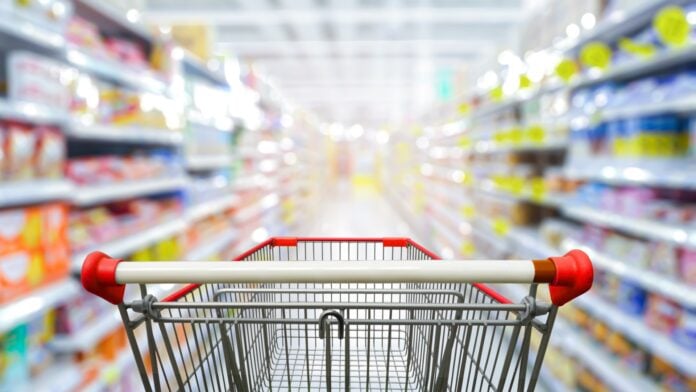Medicines and food continue to affect the disposable income of households, as medicines prices rose by 11.8% in November compared to last year, while food continues to “run” with an annual growth rate of around 9%.
Oils and fats are among the top five products and services with the largest annual increases in November compared to the corresponding month, with an increase of 31.4%, followed by mineral waters, soft drinks and fruit juices (13.3%), fruits (12%), pharmaceuticals (11.8%) and vegetables (10.8%).
Energy products are now – unlike last year – the protagonists in the list of reductions. Therefore, we have a 53.2% drop in the price of natural gas and a 9.3% drop in the fuel index, followed by audio and video processing equipment (-5%), telephone services (-3.5%) and hotels (-3%).
In terms of food prices, only bread and cereals prices recorded a relatively small increase (3.3%). The price of meat rose 8.1%, fish 9.5%, sugar and chocolates 7.6%, coffee and cocoa 6.8% and dairy products 4.8%.
The 5.1% increase in rents is also noteworthy, a percentage higher than the average consumer price index. Meanwhile, average inflation for 2023 is expected to close lower than the government budget forecasts.
High supermarket prices the new normality
The household basket will remain on an upward trajectory in 2024, as at the end of this year the sectoral food inflation is still moving at high levels.















